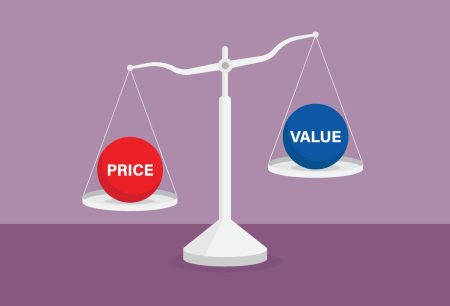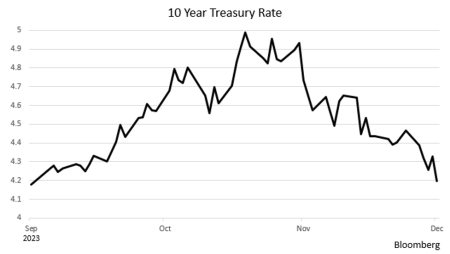As bad as China’s economic troubles are, pockets of the world’s second largest economy are showing improvement. And officials in two big cities moved overnight to woo more home buyers and stabilize the property markets. Economist say more is needed to fix the Chinese economy.
Data from independent research firm China Beige Book’s surveys of 1,300 firms conducted Aug. 17 to Aug. 25 showed areas of improvement. Chinese consumers are still spending on travel and leisure. Meanwhile, retail spending appeared on track to reverse the deceleration seen in July.
Potentially encouraging: More companies borrowed money as Beijing made it cheaper to do so and job growth picked up in every sector except property, according to China Beige Book.
The property market is at the center of China’s economic malaise, and here the data showed little signs of improvement: Home sales fell sharply and the commercial real estate sector saw a second straight month of weakness.
Chinese policy makers stepped up efforts to draw more home buyers. Guangzhou and Shenzhen relaxed restrictions that would allow more home buyers to tap preferential loans for first-time home buyers, effectively cutting the down payment requirements and mortgage rates.
With this shift, eligible home buyers in Guangzhou, for example, would see their mortgage down payment ratio lowered to 30% from 40% to 70% previously, and mortgage rates will be lowered to 4.2% from 4.8% previously. The Goldman Sachs Asia-Pacific economics team in a note said the move could boost lagging consumer confidence.
Other cities could take similar measures, the economists add. However, the Goldman economists are sticking with their view for an “L-shaped” housing recovery given the persistent weakness in lower-tier cities and among private developers.
Policy measures so far have already led to a drop in average mortgage rates compared with the last couple of years, says Shehzad Qazi, managing director at China Beige Book. Yet, it hasn’t produced steady improvement in home sales, partly because households aren’t yet convinced housing prices have found a floor, Qazi says.
Confidence could take a further hit if local policy makers don’t move quickly or do enough. “If the planned easing measures were to launch much later than expected, their effects could be significantly discounted, some household home purchase plans could be further postponed and even canceled, developer funding conditions could become increasingly stretched, and market confidence could be dented again,” Goldman economists write.
Even as economists expect more monetary, fiscal and housing easing measures in coming months, most expect it to be measured and piecemeal—not exactly what investors want to see.
Write to Reshma Kapadia at [email protected]
Read the full article here















